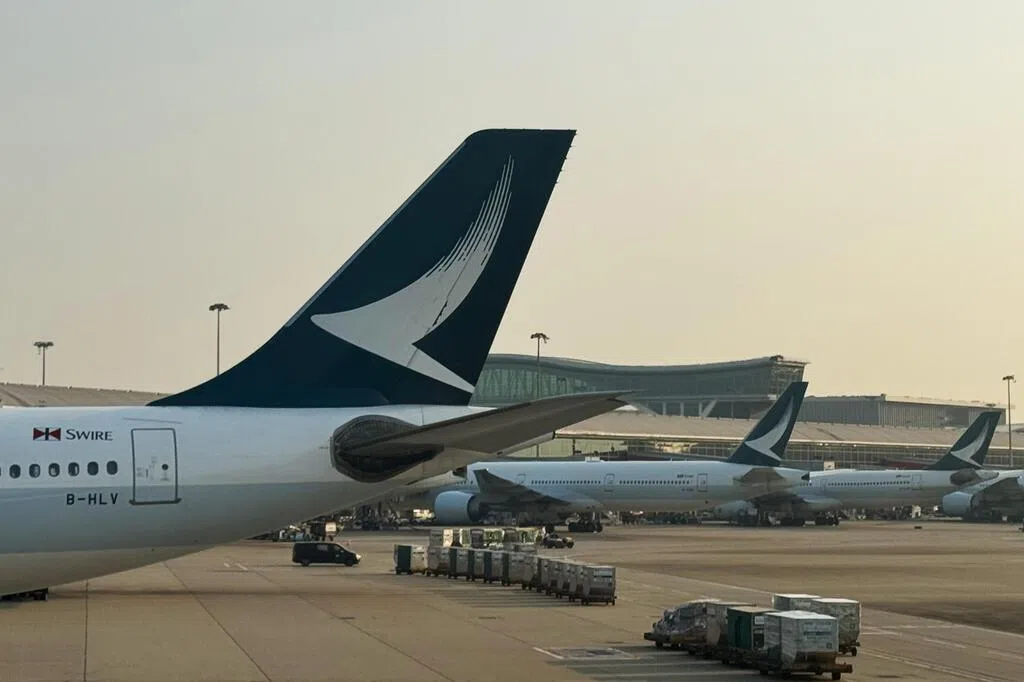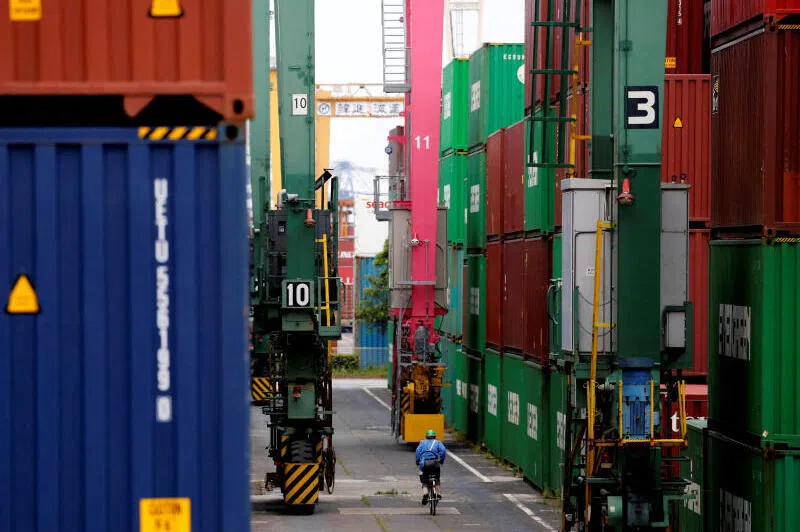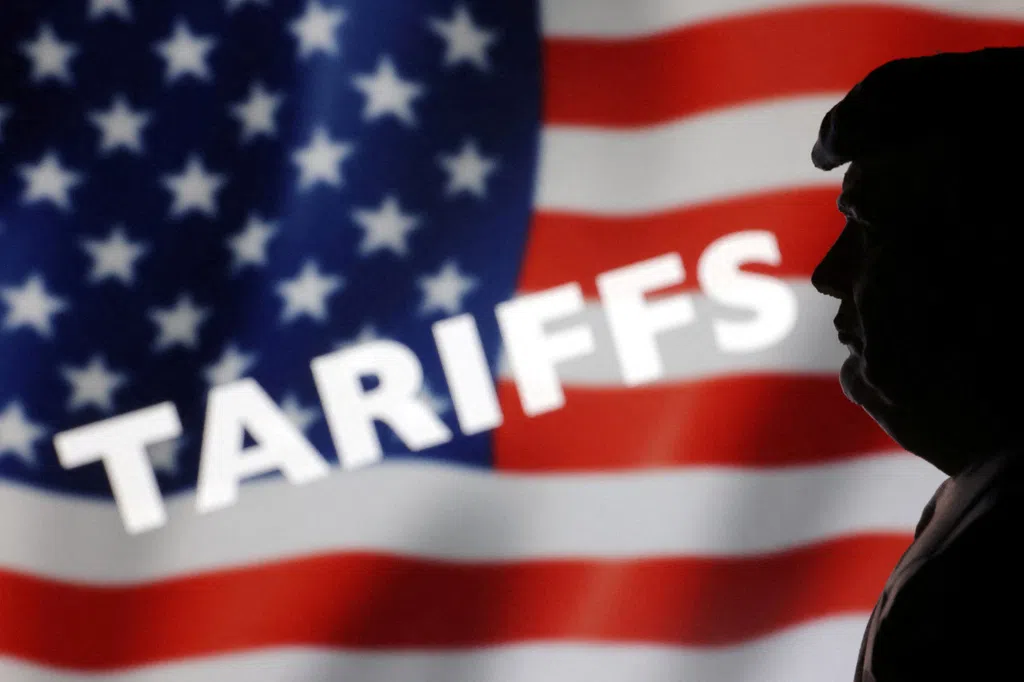(Tokyo) Japanese Prime Minister Sanae Takaichi stated on Friday that she hopes to build a constructive relationship with China.
Takaichi's recent remarks about a potential "Taiwan crisis" have escalated tensions between Japan and China. However, in a speech on Friday (November 21), she said that she met with Chinese President Xi Jinping at the APEC summit in South Korea last month and hopes to continue efforts to improve bilateral relations.
Before departing for South Africa to attend the G20 summit on Friday, Takaichi told reporters, "President Xi and I reaffirmed the general direction of comprehensively advancing the strategic and mutually beneficial relationship between Japan and China and building a constructive and stable relationship. This position remains unchanged."
She emphasized that Japan's position on the Taiwan issue has not changed.
When asked if she intended to retract her remarks that angered Beijing, Takaichi replied, "Regarding situations that threaten Japan's survival, the government will make a comprehensive judgment based on all available information and the specific circumstances."
Further Reading


She added, "I have stated this position repeatedly in my replies. The government's position has remained consistent."
G20 leaders will meet in South Africa this weekend, with China sending Premier Li Qiang, but no meeting between him and Kaohsiung City has been scheduled yet.
Chinese Foreign Ministry spokesman Mao Ning told reporters on Wednesday that if Tokyo refuses to withdraw Kaohsiung City's remarks about a potential Taiwan crisis that angered Beijing, China will take "severe countermeasures."
Japan's tourism industry faces $1.2 billion loss. Due to the escalating diplomatic dispute between China and Japan, Chinese tourists are canceling their trips to Japan, and Japan may lose up to $1.2 billion (approximately S$1.57 billion) in tourist spending by the end of the year.
According to data from market research firm China Trading Desk, since the Chinese government advised its citizens to avoid traveling to Japan, about 30% of the 1.44 million trips planned from China to Japan by the end of December have been canceled, and new bookings have yet to materialize.
Based on estimates that Chinese tourists spend over $900 million per month, and data on Chinese overseas spending provided by financial services companies like UnionPay, this means Japan has lost at least $500 million in tourism spending, and this figure could rise to $1.2 billion.
Huakai Marketing CEO, Bhatt, analyzed that the disappearance of tourism spending originating from China has had a very severe impact on Japan.
He pointed out that the consequences of this dispute may differ from previous periods of diplomatic tension between China and Japan. "Currently, the Chinese government's explicit notice discouraging its citizens from traveling to Japan is a much stronger stance than we have seen in recent years."
Reports indicate that some Chinese travelers are choosing to readjust their travel destinations, with new bookings to Singapore and South Korea increasing by as much as 15%, and to Thailand, Malaysia, and Vietnam seeing a week-on-week increase of 11%.
Furthermore, some Japanese lawmakers believe that Japan should utilize its alliance with the United States to counter the threat from China, rather than unilaterally seeking short-term compromises that could lead to long-term losses.
Ishihira, a Chinese-American senator from the Japan Restoration Party, said in an interview with Bloomberg on Thursday that if Beijing signals that it will use rare earth restrictions as a weapon, Tokyo should hint at a possible collaboration with Washington to limit China's access to semiconductor manufacturing equipment, in which Japan still dominates.



